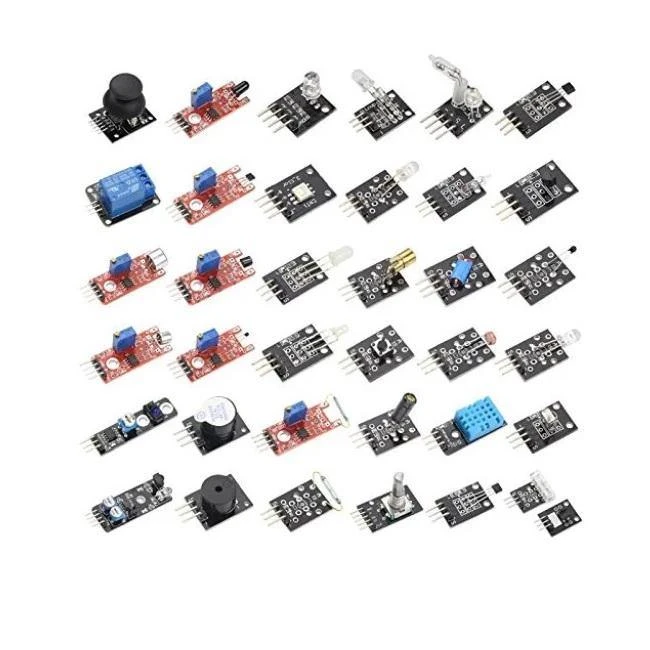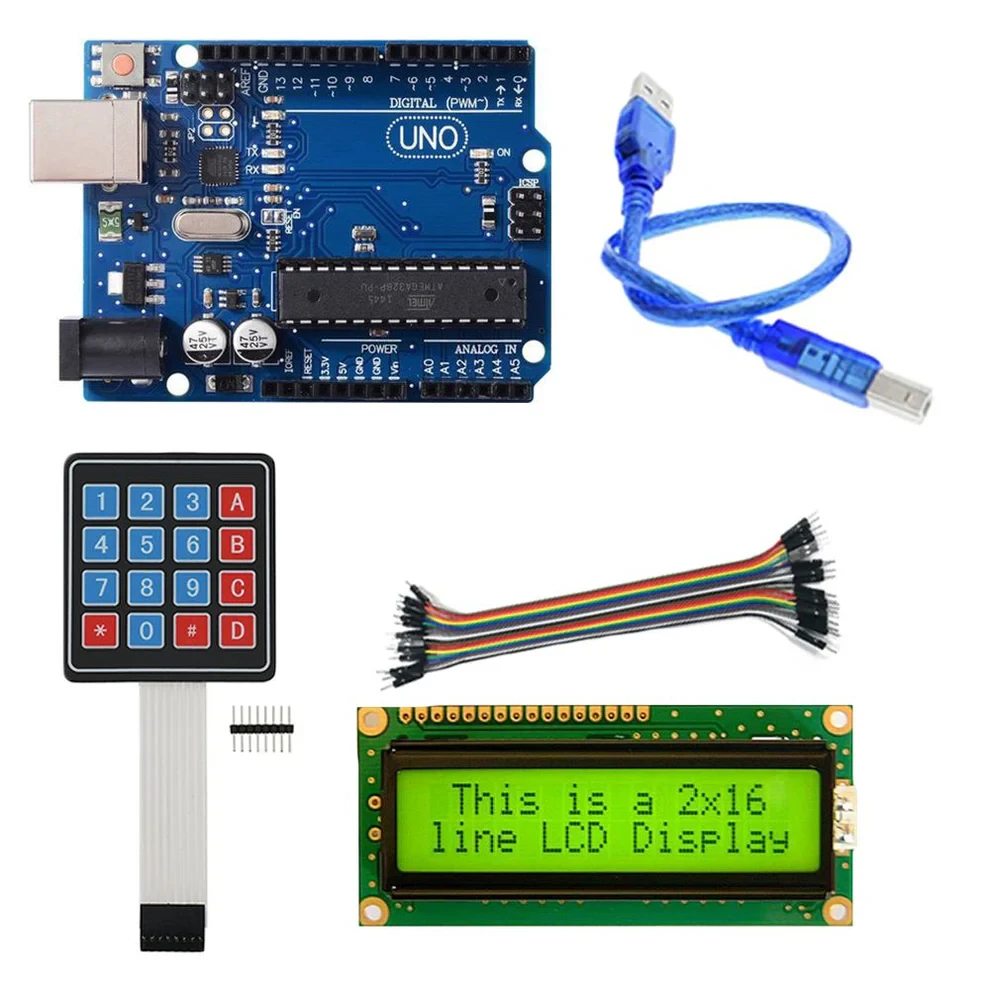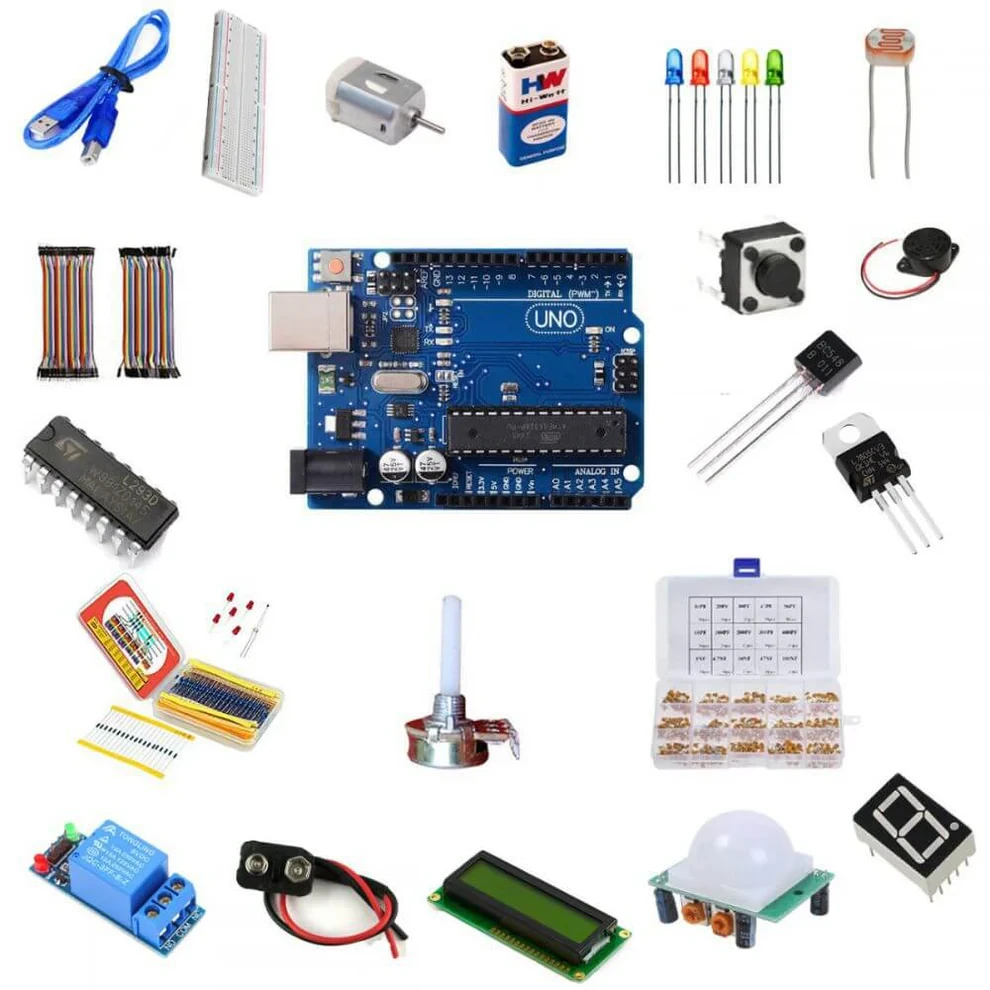
In an era marked by rapid urbanization and environmental challenges, the concept of energy-efficient smart cities has emerged as a revolutionary solution to create sustainable, livable urban environments. These cities leverage advanced technologies and innovative practices to optimize energy consumption, reduce carbon footprints, and enhance the quality of life for residents. At the core of energy-efficient smart cities is the integration of the Internet of Things (IoT), big data analytics, and artificial intelligence (AI) to monitor and manage urban infrastructure in real time.
Working :
One of the primary components of an energy-efficient smart city is smart grids, which enhance the efficiency of electricity distribution by balancing supply and demand through real-time data. These grids can incorporate renewable energy sources such as solar and wind power, ensuring a sustainable and resilient energy supply. Moreover, smart meters installed in homes and businesses provide detailed insights into energy usage, encouraging consumers to adopt more sustainable habits and allowing utility companies to optimize energy distribution. Transportation is another critical aspect where smart cities excel in energy efficiency. Intelligent transportation systems (ITS) use sensors and data analytics to manage traffic flow, reduce congestion, and lower emissions. Public transit systems are upgraded with electric buses and trains, often integrated with real-time tracking apps that enhance user convenience and efficiency. Additionally, bike-sharing programs and pedestrian-friendly urban planning promote alternative, eco-friendly modes of transportation. Buildings in smart cities are designed or retrofitted to be energy-efficient, utilizing advanced materials and smart systems for heating, cooling, and lighting. Building management systems (BMS) use IoT devices to regulate energy use, ensuring that lights, HVAC systems, and other energy-consuming devices operate only when needed. These systems can also incorporate renewable energy sources, such as rooftop solar panels, further reducing the buildings' carbon footprint. Water management is also optimized in energy-efficient smart cities. Smart water meters and leak detection systems help conserve water and reduce the energy required for water distribution and treatment. Waste management is streamlined through IoT-enabled bins and recycling systems that ensure efficient collection and processing, minimizing waste and promoting recycling. Citizen engagement is a vital element, facilitated through mobile apps and online platforms that provide real-time information about energy usage, public transportation schedules, and other city services. This transparency and accessibility empower residents to make informed decisions and participate in the city’s sustainability efforts.
In summary, energy-efficient smart cities harness the power of technology to create sustainable, efficient, and livable urban environments. Through the integration of smart grids, intelligent transportation, eco-friendly buildings, optimized water management, and active citizen engagement, these cities represent a forward-thinking approach to urban development that prioritizes both environmental sustainability and quality of life.
Call or WhatsApp us before purchasing: 9699926476
No review given yet!
On prepaid orders above INR 1000
COD available for orders above INR 1000
Shipped within 24 hours
Mon to Sat - 10 AM to 6 PM




